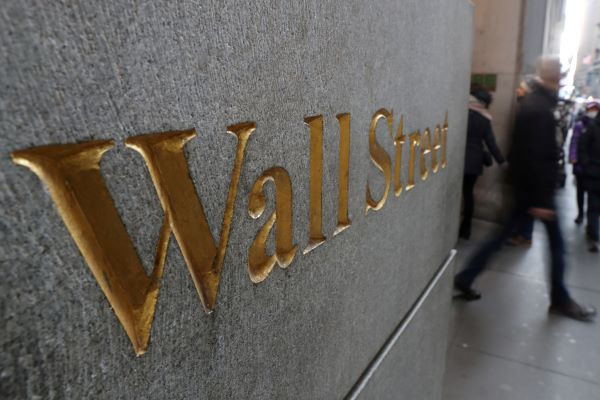Even amid a palpable slowdown in global economic growth, some of the world's stock markets led by the United States set historic highs in 2019 buoyed by puzzling investor confidence.
Deutsche Bank estimates global stock markets added more than $17 trillion in total value in 2019, bringing the value of the global stock markets to nearly $90 trillion. It said the value of global equities began 2019 a tad below $70 trillion.
The huge increase in world markets is mostly dominated by Wall Street. Over the past year, the Wall Street rally in the U.S. has been broad. The benchmark S&P 500, the Dow Jones Industrial Average and Russell 2000 all rose more than 20% this year.
On December 20, all three major stock market indices hit all-time highs. The S&P 500 is up 29 percent thus far this year. The NASDAQ Composite has jumped 35 percent while the Dow Jones improved 22 percent. This exuberance can't all be put down to strong fundamentals, however.
The massive boost in equities in a banner year was boosted by central banks such as the U.S. Federal Reserve still resorting to quantitative easing with low or negative interest rates.
Analysts said the more accommodative monetary policy boosting markets was also being helped along by positive political developments. This is especially true of the phase one interim trade deal between the United States and Russia that tones down, but doesn't stop, the trade war launched by Trump against China 18 months ago.
There was also the passage by the U.S. House of Representatives of the new United States-Mexico-Canada Agreement (USMCA). This deal was signed on Nov. 30, 2018, by all three parties at the G20 summit in Buenos Aires but remains unratified. On Dec. 19, the House of Representatives passed USMCA with bipartisan support by a vote of 385 to 41.
The Fed cut its benchmark interest rate three times this year, while the European Central Bank (ECB) cut its already negative rates even further. The ECB on September 12 announced its biggest package of rate cuts and economic stimulus in three years in another bid to halt flagging eurozone growth.





